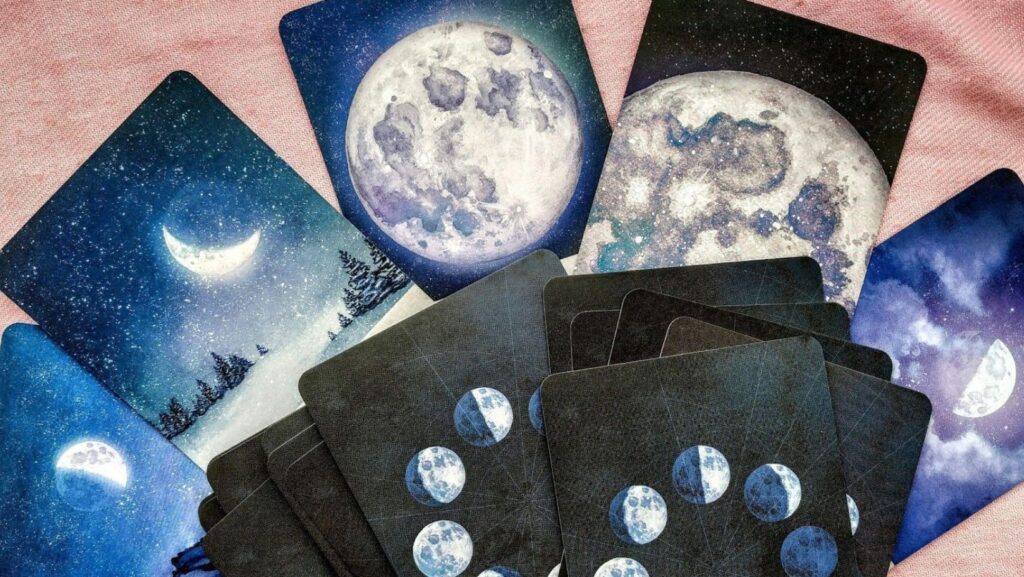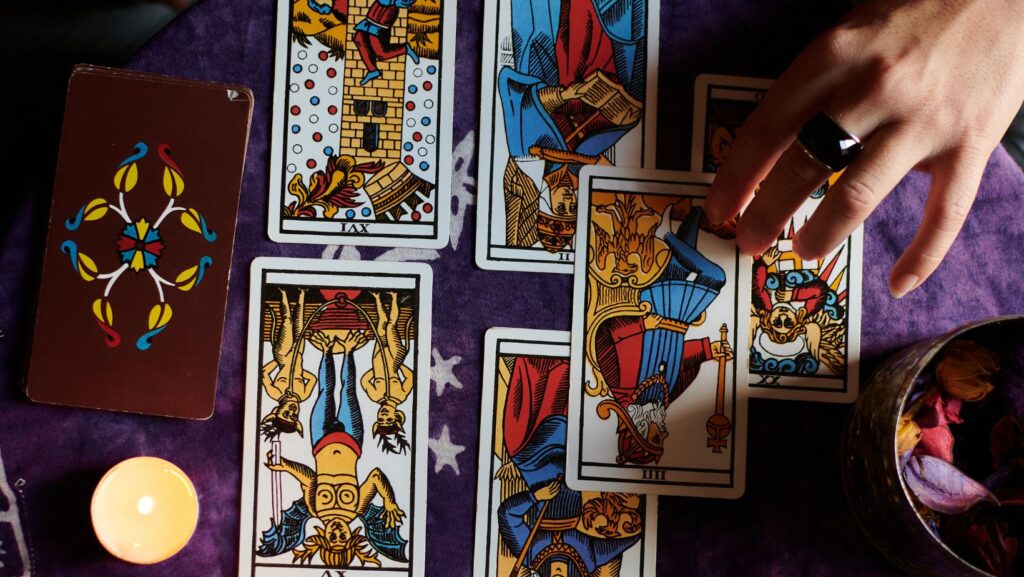
You like to think of the Middle Ages as a time of knights, castles, and maybe the occasional plague. You picture peasants in fields, monks illuminating manuscripts, and women wearing headdresses so large you wonder how they managed doorways. But what you forget is how much the medieval world was drenched in mysticism and prophecy.
If you lived then, you wouldn’t make a big decision without consulting some kind of sign. Was it divine? Was it ominous? Hard to say. But people believed that visions, dreams, and prophecies could reveal God’s will, the future, and even the occasional political coup.
If you’re being honest, you’re not so different. You’ve probably searched for meaning in a weird dream, hoped for a “sign from the universe,” or googled your horoscope before a big meeting. Which means the medieval impulse to peek behind the curtain of the ordinary still lives in you. And when you’re craving that kind of guidance, you can always find answers in this chat.
Why Mysticism Mattered
In the medieval world, life was unpredictable. One year you had a good harvest, the next year locusts. One week you were healthy, the next week a cough turned into something fatal. And without modern science or medicine, people turned to God, saints, and visions to explain the chaos.
Mysticism wasn’t a hobby. It was a lifeline. If someone said they had a vision, people listened. Because maybe it was the only clue they had about why things were happening and what to do next.
You do the same thing. You look for patterns. You search for meaning. You want assurance that you’re not just stumbling blind into the future.
Women Mystics: The Original Influencers
If you were a woman in the Middle Ages and you wanted influence, your options were limited. You couldn’t run a kingdom. You couldn’t join the university. But you could have visions.
Take Hildegard of Bingen, a 12th-century abbess who claimed divine visions from an early age. Instead of being dismissed, she became a composer, writer, and advisor to popes and emperors. Basically, she was the Oprah of the medieval world—people came to her for spiritual advice, music, and herbal remedies.
Or consider Julian of Norwich, who wrote about her mystical experiences during a near-death illness. Her famous line, “All shall be well, and all shall be well, and all manner of thing shall be well,” was the medieval equivalent of a motivational poster.
These women used prophecy and mysticism to carve out space for themselves in a world that otherwise ignored them. You might even say they were running medieval blogs—except with fewer cat videos and more revelations about the nature of God.
Prophets and Politics
Prophecy wasn’t just about personal comfort; it was political currency. Leaders wanted prophets on their side because a well-timed vision could rally people, justify wars, or legitimize claims to power.
Joan of Arc is the perfect example. A teenage girl from nowhere claimed to hear voices from saints telling her to lead France against England. And people followed her. She inspired armies, swayed kings, and terrified opponents—all because she claimed divine guidance.
Of course, the Church eventually executed her for heresy, because that’s what happens when your visions clash with the wrong people’s agendas. But centuries later, she was canonized as a saint, which just proves that in the medieval world, prophecy was a dangerous but irresistible game.
Dreams as Divine Messages
If you lived in the Middle Ages, you would not have brushed off your weird dream about flying naked through a field of geese. You would have taken it straight to someone for interpretation. Dreams were considered sacred channels, sometimes from God, sometimes from darker forces.
Medieval dream books circulated widely, filled with symbols and their meanings. Dream about teeth falling out? Bad sign. Dream about rivers overflowing? Could mean prosperity—or invasion. The ambiguity was part of the fun.
You do this too. You wake up from a dream and immediately type it into Google: “dream of snakes meaning.” Congratulations, you’re a medieval mystic with Wi-Fi.
Signs, Wonders, and the End of the World
The medieval appetite for prophecy wasn’t just about personal life—it was cosmic. People were obsessed with the apocalypse. Every comet, every eclipse, every earthquake was read as a sign that the world might be ending.
Prophets popped up everywhere, declaring timelines for the Second Coming. Spoiler: they were wrong. But the sense of urgency, the conviction that history was heading toward some great revelation, gave people meaning.
You know this feeling. Every time the news gets overwhelming, you wonder: Is this it? Are we headed toward something huge? The medievals weren’t naïve; they were just human.
Saints, Relics, and the Thin Veil
Mysticism also took the form of saints’ relics and miraculous happenings. If a saint’s bones healed someone, it was proof of divine power. If the Virgin Mary appeared in a vision, it could transform a village into a pilgrimage site overnight.

These were tangible reminders that the veil between heaven and earth was thin, and that you weren’t alone in your struggles.
It’s not so different from the way you light a candle, wear a charm, or keep your grandmother’s necklace close. Objects can carry meaning. They can make you feel connected to something bigger.
What the Medieval World Teaches You
You read about all this mysticism and prophecy and think: How quaint. How irrational. But maybe it wasn’t. Maybe it was just another way of making sense of a messy, unpredictable life.
You do the same thing with therapy, self-help books, personality tests, and yes, astrology. You want insight. You want comfort. You want to believe you’re part of a story bigger than your own.
And maybe the medievals knew something you forget: sometimes, meaning doesn’t come from certainty—it comes from believing that meaning exists at all.
So Where Does That Leave You?
You don’t have to live in the Middle Ages to practice a little mysticism. You can reflect on your dreams, pay attention to symbols, and look for meaning in the everyday. You can also acknowledge that uncertainty is part of life—and that sometimes, seeking answers is as healing as finding them.
Because what the medievals remind you is that the hunger for prophecy isn’t foolish. It’s human. It’s the way you stand in the dark, call out for guidance, and wait for an echo. And sometimes, that echo—whether from a mystic, a dream, or even a chat window—is enough to keep you moving forward.
